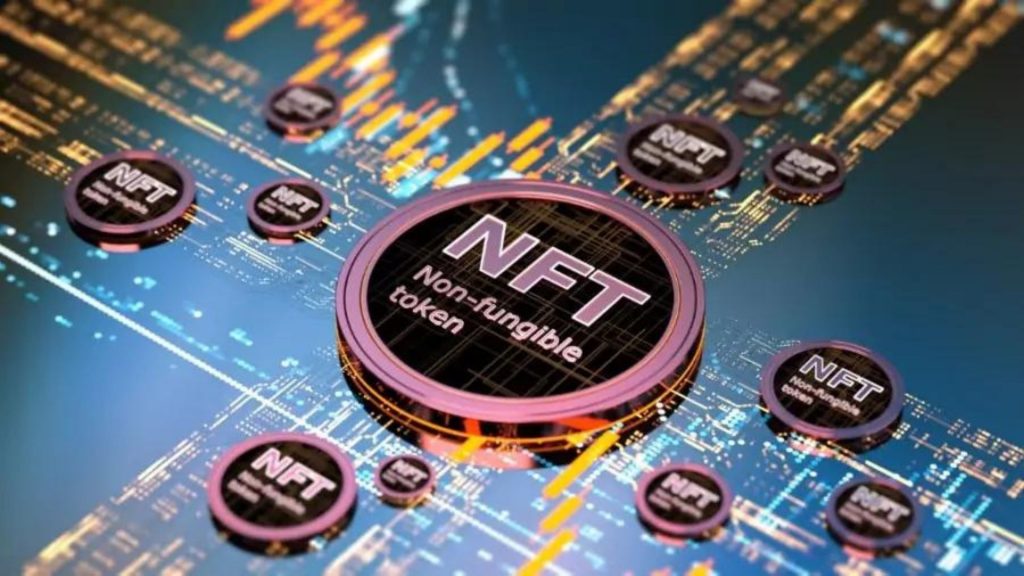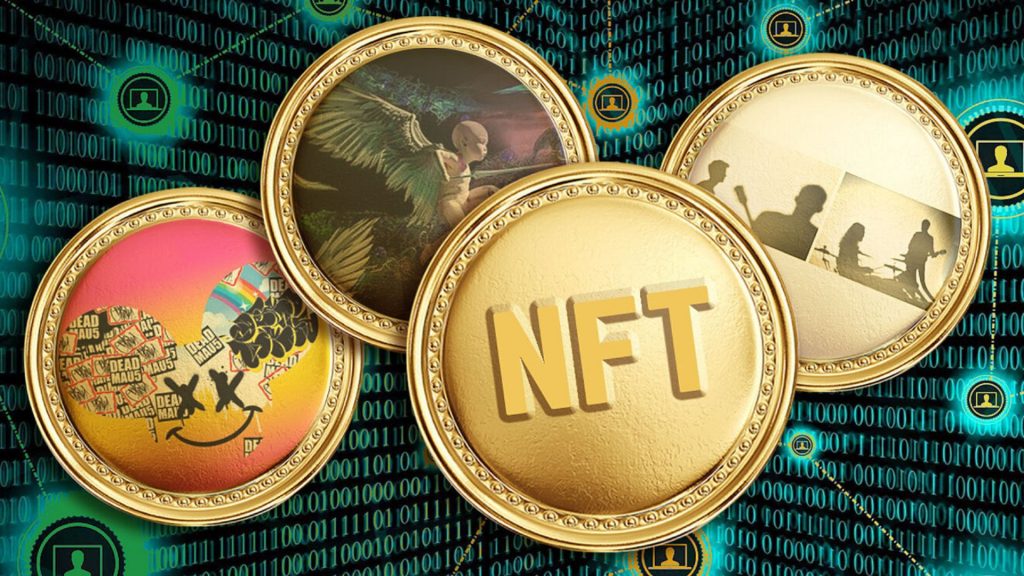What is a Non-Fungible Token? “Non-fungible” more or less means that it’s unique and can’t be replaced with something else. For example, a bitcoin is fungible, which means trade one for another bitcoin, and you will have the same thing. Financial Action Task Force (FATF) describes NFTs as “digital assets that are unique, rather than interchangeable, and that are used as collectibles rather than as payment or investment instruments.”

What Is A Non-Fungible Token?
As per FATF, unique digital assets, rather than interchangeable, are used as collectibles rather than payment or investment instruments and can be referred to as non-fungible tokens (NFT) or crypto-collectibles. It is important to consider the nature of the NFT and its function in practice, not what terminology or marketing terms are used. Some NFTs that, on their face, do not appear to constitute VAs may fall under the VA definition if they are to be used for payment or investment purposes in practice.
Other NFTs are digital representations of other financial assets already covered by the FATF Standards. Therefore, such assets are excluded from the FATF’s VA definition but would be covered as that type of financial asset. Given that the VA space is rapidly evolving, the functional approach is particularly relevant in the context of NFTs and other similar digital assets. Countries should therefore consider the application of the FATF Standards to NFTs on a case-by-case basis.
NFTs are unique cryptographic tokens that exist on a Blockchain and cannot be replicated. NFTs can represent real-world items like artwork and real estate. “Tokenizing” these real-world tangible assets makes buying, selling, and trading them more efficient while reducing the probability of fraud. NFTs can also function to represent individuals’ identities, property rights, and more.
Non-fungible tokens are cryptographic assets on a Blockchain with unique identification codes and metadata that distinguish them from each other. Unlike cryptocurrencies, they cannot be traded or exchanged at equivalency, which differs from fungible tokens. On the other hand, NFTs are like cryptocurrencies since they are identical to each other and can serve as a medium for commercial transactions.

The distinct construction of each NFT has the potential for several use cases. For example, they are ideal for digitally representing physical assets like property and artwork. Because they are based on Blockchains, NFTs can also work to remove intermediaries and connect artists with audiences or for identity management. NFTs can remove intermediaries, simplify transactions, and create new markets.
Much of the current market for NFTs is centered around the collectibles, such as digital artwork, sports cards, and rarities. Perhaps the most hyped space is NBA Top Shot, a place to collect non-fungible tokenized NBA moments in digital card form. Some of these cards have sold for millions of dollars. NFTs shift the crypto paradigm by making each token unique and irreplaceable, making it impossible for one non-fungible token to be equal to another. They are digital representations of assets and have been likened to digital passports because each token contains a unique, non-transferable identity to distinguish it from other tokens. They are also extensible, meaning you can combine one NFT with another to “breed” a third, unique NFT.
Final Thoughts
Non-fungible tokens (NFTs) are blockchain-based cryptographic assets with unique identification codes and metadata that distinguish them from one another. They cannot be traded or exchanged at parity with cryptocurrencies. This is in contrast to fungible tokens, such as cryptocurrencies, which are identical to one another and can thus be used as a medium for commercial transactions.
Cryptocurrencies, like physical money, are fungible, which means they can be traded or exchanged for one another. For example, one bitcoin is always worth the same as another. A single unit of ether is also always equal to another unit. Because of this fungibility, cryptocurrencies are suitable as a secure medium of transaction in the digital economy.








